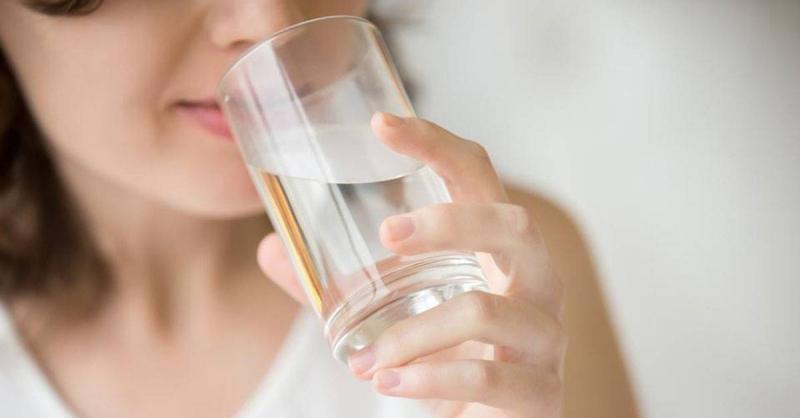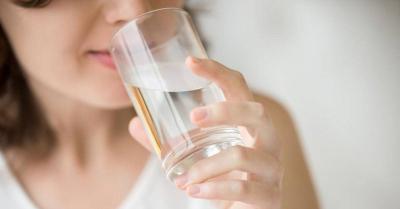Drinking eight cups of water daily is a very common idea and has been the primary advice for decades to keep the body hydrated and fulfill its vital functions without suffering from dehydration. However, according to Insider, consuming eight cups of water a day has become a myth, as the body may actually need more or less water.
According to Insider, the National Academies of Sciences, Engineering, and Medicine (NASEM) recommended considering the total fluid intake required by the body daily—not just water cups. Some fitness experts have provided a simple formula to help calculate how many cups of water you need, which involves taking your weight in kilograms, multiplying it by 2.2, then multiplying that number by your age, and dividing the result by 8. The number you obtain is the amount of water you need daily.
According to NASEM, men's water needs differ from women's. Men consume about 15.5 cups (approximately 3.7 liters) of fluids, while women need about 11.5 cups (equivalent to 2.7 liters). As a general guideline, most people get 80% of their fluids from beverages and 20% from food. Some individuals may need to drink more water; for a healthy adult, drinking when thirsty is a good way to stay hydrated.
Additionally, other factors can affect hydration throughout the day. For example, consuming large amounts of salt or sugar can lead to dehydration—even if one has consumed the necessary amount of water.
Brenda M. Davy, a nutritionist and Professor of Nutrition at the University of Virginia, stated, “As we age, our sensitivity to detect thirst decreases, making older adults more susceptible to dehydration. In this case, it is advised that individuals over 65 keep water nearby and drink even if they do not feel thirsty.”
She continued, “Athletes need to combat their thirst, as even mild dehydration that occurs before feeling thirsty can affect physical performance by reducing endurance and motivation.” Additionally, pregnant women need to drink more fluids, as dehydration during pregnancy can lead to complications such as birth defects or premature delivery. If a woman is breastfeeding, she should drink an extra cup of water each time she feeds her baby to compensate for lost fluids.




